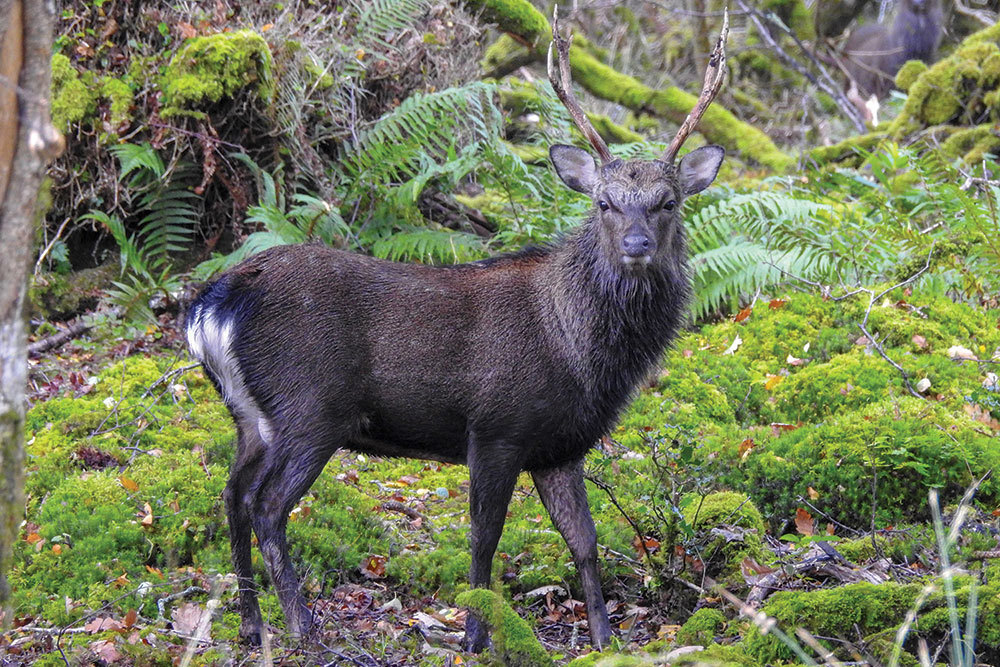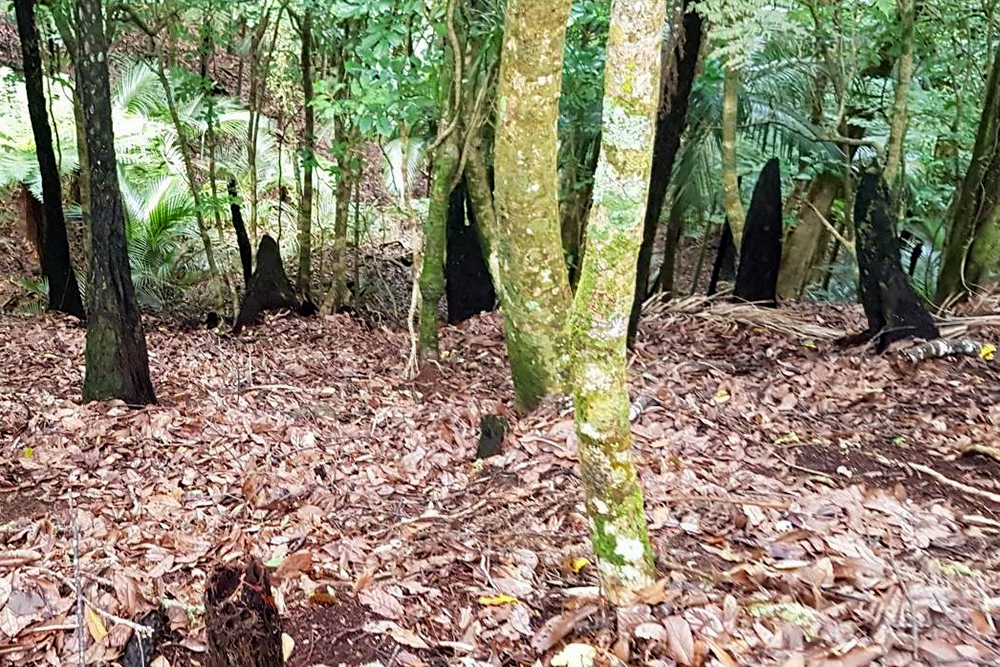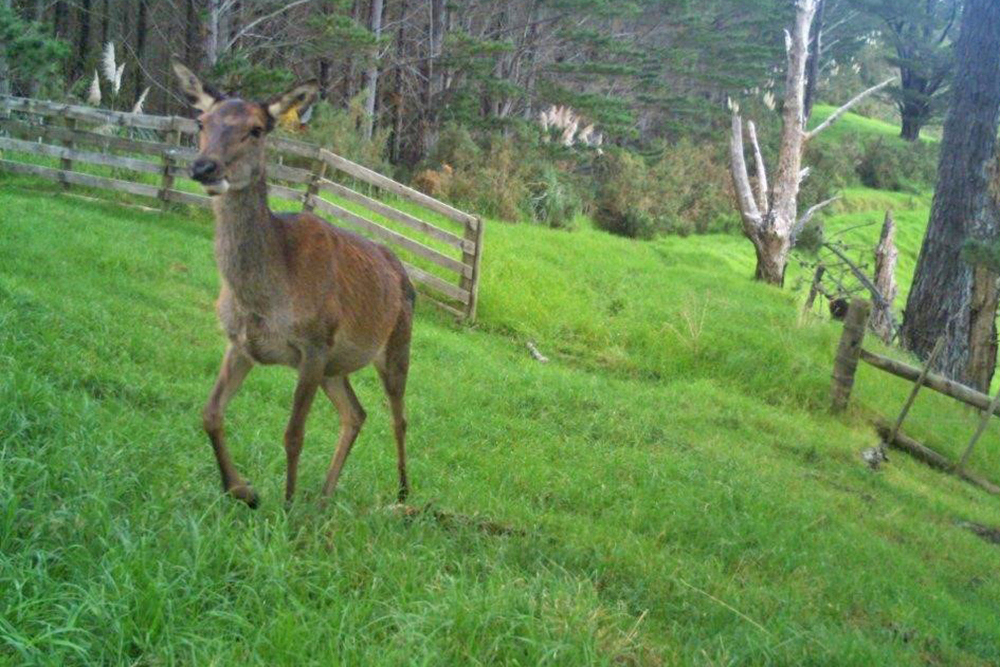Wild deer free Northland
Until the late 1980s, Te Taitokerau was considered one of the few wild deer free regions in New Zealand. Since the 1990s, farm escapes and releases have resulted in many deer herds being reported around Northland.
If left uncontrolled, wild deer pose a major threat to Northland’s unique native forests and the biodiversity they support. They also threaten our rural economy.
Wild deer are not part of the Te Taitokerau story and we have the opportunity to completely remove them from the region.
Working together to take action
Eradicating wild deer from Te Taitokerau is a big task - one we can't do alone.
In partnership with iwi/hapū, the Department of Conservation (DOC), the deer farming industry, and landowners, we are working towards developing an eradication strategy for the region. This strategy will be guided by the vision: 'No Wild Deer in Te Taitokerau'.
We plan to use a wide range of tools and technology, including dog training, thermal imaging, game cameras and radio tracking equipment.
We want the whole community to be part of the journey, but especially landowners who are within the control areas.
Our first priority is the Russell Forest as illegal deer releases have led to the establishment of a sika deer herd in and around this area. We are working together with local hapū, and landowners to completely remove wild deer from the Russell Forest.

Sika deer.

Impact of wild deer on native bush. Lower foliage has been stripped.

Red deer.
What are wild deer?
'Wild deer' refers to deer living in the wild that are not being farmed. In Northland, this includes red, fallow, wapiti, and sika deer.
Why they are problem?
Wild deer destroy the understory of native forests by over-browsing, bark stripping, and trampling, changing the forest structure.
They also pose a major threat to our farming communities, damaging crops and threatening the region’s livestock disease status. Wild deer have been implicated in the spread of unwanted diseases, including Bovine tuberculosis (TB) and kauri dieback.
What do I need to know if I want to farm deer?
In Northland, deer farming is a regulated activity. Landowners must apply to DOC for a permit to farm deer, change the species of deer being farmed, or buy an existing deer farm.
DOC is responsible for regulating deer farming in Northland under the Wild Animal Control Act 1977. This includes:
- specifying the areas deer farming is allowed (there are large areas where farming deer is not allowed)
- specifying fencing requirements for deer farming
- regulating deer farming in areas where it is permitted
- specifying which species can be farmed. (Currently only red, fallow and wapiti are permitted to be farmed).
DOC and NRC work with deer farmers to reduce the risks of deer escaping and forming new wild populations.
Get more information on deer farming requirements in Northland at doc.govt.nz
What can I do to help?
We have a unique opportunity to eradicate wild deer from Northland, and everyone has a part to play. The main thing you can do to help is report sightings of wild deer.
